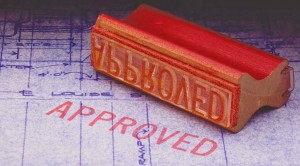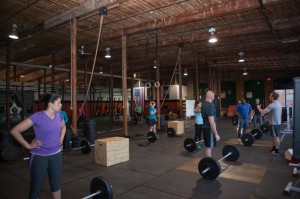Every Connecticut community has its own permit requirements and processes for new businesses. Norwich is slightly unique in that the community provides almost all of the business services “in house” because of the extensive public utility program. When a new business is looking to locate in the city it is important to determine whether their business is a “change of use” or “change of user” for the property that they have selected. A “change of user” is usually not an issue, but a “change of use” can be. The “change of use” distinction plays out in four different ways, as described below:
Zoning is the first step of the change of use analysis. The city’s land use regulations (aka “Comprehensive Plan”) define which uses are allowed on the land. Every parcel of land in the city is “zoned” and it is important to understand which uses are allowed at a particular address. All uses require a permit of some sort, and there are three permit classes: Zoning Permit (issued by the zoning enforcement officer), a Site Plan Review (issued by the Commission on the City Plan) and a Special Permit, also issued by the Commission on the City Plan, but a public hearing must be held. What we’ve found is that off-street parking is usually the zoning issue that trips up a change of use. Zoning fees range from free (sign permit) to $560 (variance). A Certificate of Occupancy (“CO” or “C of O”) cannot be issued until a Certificate of Zoning Compliance is issued.
Compliance with the Building Code is the second category. The city enforces state building codes, of which there are several nuances and multiple variables at work, and which are administered by the Building Official’s Office. Uses in the business code do not align up with the definitions and language in the zoning regulations. For example, a retail classification in zoning is classified as mercantile in building code. Restaurants (zoning) are Assembly group A-2 (building) and so forth. This can present a challenge because some businesses think of themselves differently than how these regulations define their business.
The number of toilet rooms, egress (ability to safely exit a space), accessibility for disabled people and proper ventilation (i.e., HVAC) are the most frequent issues that we’ve had to work around for a change of use. Buildings cannot be occupied until a Certificate of Occupancy (CO) is issued by the Building Official’s Office. What happens if you occupy a building without a CO? The worst case scenario is that the building can be condemned. At that point, it is excruciatingly challenging to recover, so do it right the first time. The fees for a Building Permit are unique to each project based on the scope of work.
Compliance with the Fire Code is the third category. The city enforces the state fire codes, which are administered locally by the City Fire Marshal’s Office. Life safety of occupied buildings is an important consideration, and the key issues that arise during this process involve egress, whether a sprinkler system is available and the occupant load of the space. In Norwich, the fire code process is aligned with the building code process and there are no fees.
Public Utilities is the fourth category. In 2005, the Norwich Board of Public Utilities Commission adopted a Sewer Capital Connection Fee policy for properties that involved a change of use, or restoration of a previously condemned property. The connection fee is calculated based on the “EDU” (1 EDU = 200 gallons per day; each use has an EDU rate) for each use classification in the policy and is administered by Norwich Public Utilities (NPU) The policy can be found here: norwichpublicutilities.com/images/sewer-cap-fee.pdf
NPU also requires a utility deposit to be paid at the initiation of a commercial account. The deposit is determined based on gas and electric consumption over a three month period of cold weather. This fee is reimbursable at the closure of an account.









